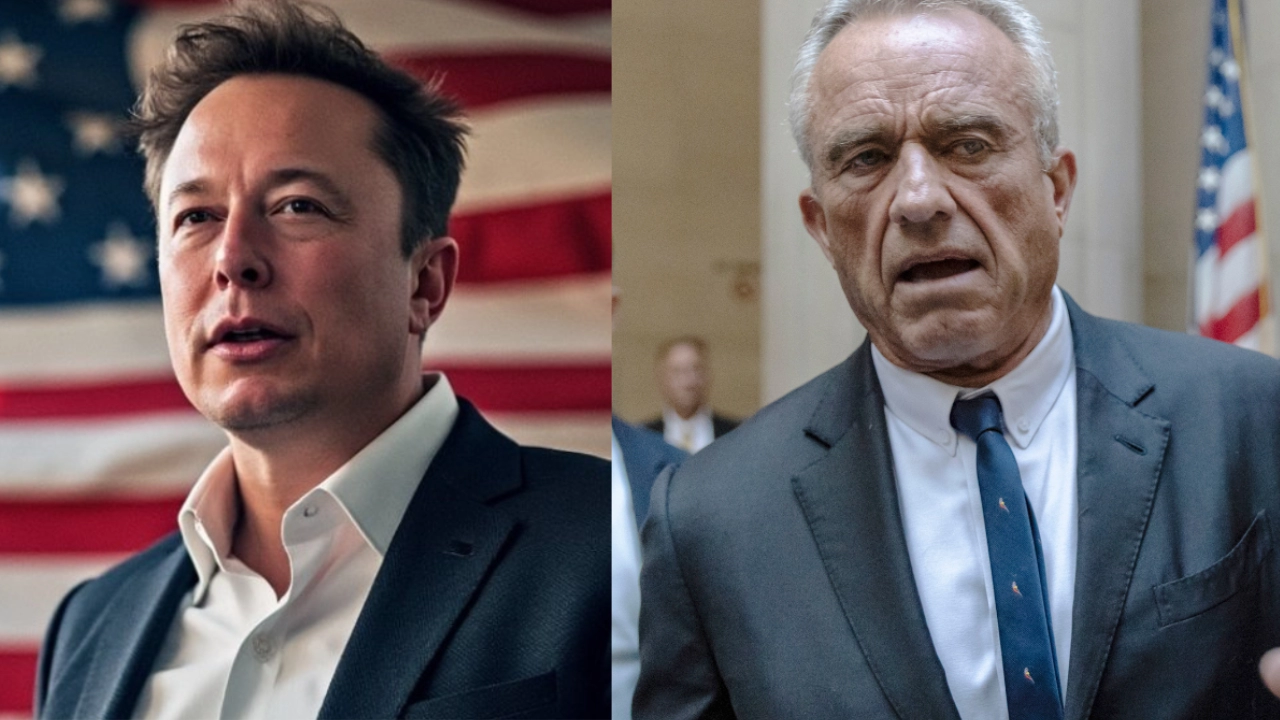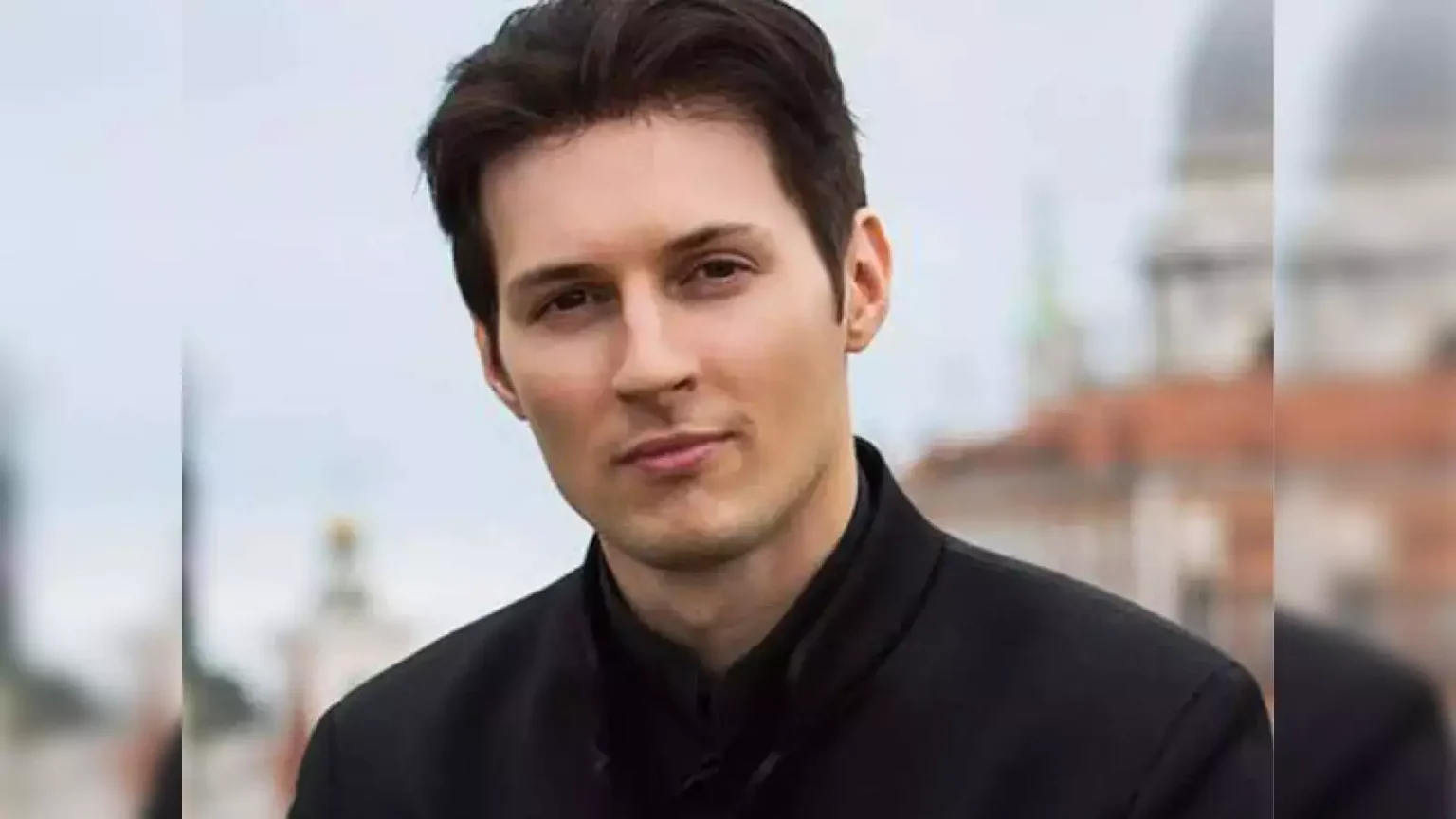Pavel Durov Arrested in France: An In-Depth Look at the Controversy
Introduction
In a dramatic turn of events, Pavel Durov, the CEO and founder of Telegrams, was arrested at Le Bourget Airport,
just north of Paris. This high-profile incident has stirred significant attention across the globe,
igniting debates about privacy, content moderation, and the broader implications for social media platforms.
Let’s delve into the details of Durov’s arrest, the charges against him, and what this could mean for Telegram and its users.
The Arrest: What Happened?
On a seemingly routine day, Pavel Durov’s private jet landed at Le Bourget Airport, a major gateway for international flights into Paris.
However, this arrival took an unexpected turn when French police detained Durov upon his exit from the aircraft.
The arrest has been linked to a warrant involving allegations relate to Telegram’s moderation practices.
French authorities claim that Durov failed to enforce adequate controls to prevent the spread of harmful and illegal content on the platform.
Unpacking the Allegations
The core of the investigation centers on Telegram’s alleged shortcomings in content moderation.
Telegram, renown for its strong encryption and large group functionalities,
has been accuse of providing a haven for various criminal activities, including misinformation, hate speech, and other illicit content.
Critics argue that Telegram’s minimal intervention policies have allowed these issues to proliferate, putting users and public safety at risk.
A Brief History of Telegram and Pavel Durov
Pavel Durov, a Russian entrepreneur, founded Telegram in 2013.
Prior to this, he was known for creating VKontakte (VK), Russia’s largest social media platform. However, in 2014,
Durov faced intense pressure from the Russian government to shut down opposition communities on VK.
His refusal to comply led to the sale of VK and his subsequent departure from Russia.
Since relocating to Dubai, Durov has continued to champion Telegram as a beacon of privacy and free speech.
The platform quickly gained popularity for its commitment to secure communication and large,
unregulated group chats. Despite its success, Telegram has faced scrutiny from various governments, including a notable ban in Russia in 2018 over a dispute regarding user data. The ban was later lifted in 2021.
Elon Musk’s Reactions: A Voice from Silicon Valley
Elon Musk, the high-profile CEO of X (formerly Twitter), has weighed in on Durov’s arrest with a series of provocative comments on his social media platform.
Musk criticized the arrest, using hashtags like #freepavel and making sardonic remarks about the future of free speech in Europe.
His posts have drawn attention to the ongoing tension between privacy rights and government regulation in the digital age.
Musk’s remarks have added fuel to the debate over how far social media platforms should go in moderating content. While Musk himself has faced criticism over moderation practices on X,
his comments highlight the broader issue of balancing user freedoms with the need to prevent harmful content.
The Russian Government’s Response
In response to Durov’s arrest, the Russian Embassy in France has demanded clarification on the situation and access to the detained CEO.
The embassy’s statement expressed frustration with the French authorities for their perceived lack of cooperation and emphasized the need to protect Durov’s rights.
Russian officials have condemn the arrest, suggesting that it may be politically motivate.
This reaction underscores the geopolitical dimensions of the case.
With Durov being a high-profile figure and Telegram having significant user bases in Russia and former Soviet states,
the arrest has spark diplomatic tensions and calls for greater transparency and fairness.
Telegram’s Unique Position in Social Media
Telegram’s rise as a major social media platform is a testament to its unique approach to user privacy and freedom of expression. The app’s large group chats, strong encryption,
and minimal content moderation have set it apart from other platforms like Facebook, YouTube, and Instagram.
While these features have attracted a dedicated user base, they have also made Telegram a target for criticism and regulatory scrutiny.
The platform’s approach to content moderation is a double-edged sword.
On one hand, it appeals to users who value privacy and the ability to communicate without censorship.
On the other hand, it has been criticize for enabling the spread of misinformation and illegal content, leading to calls for more stringent controls.

Implications for Content Moderation and Free Speech
Durov’s arrest brings into sharp focus the ongoing debate about content moderation and free speech.
As governments around the world grapple with the challenges of regulating online content,
platforms like Telegram are caught in the crossfire.
The dilemma lies in finding the right balance between protecting users from harmful content and preserving the principles of free speech and privacy.
For Telegram, the current situation presents a significant challenge.
If force to implement stricter moderation policies,
the platform risks alienating users who value its hands-off approach.
Conversely, maintaining its current stance could lead to further regulatory actions and potential bans in other countries.
Looking Ahead: What’s Next for Telegram?
The future of Telegram and Pavel Durov will largely depend on the outcomes of the ongoing investigation and legal proceedings.
The case has set a precedent for how social media platforms are treat by international authorities and could influence how other tech companies approach content moderation and user privacy.
As the situation develops, stakeholders—including users, regulators, and industry experts—will be watching closely to see how Telegram navigates this crisis.
The resolution of Durov’s arrest will likely have lasting implications for the platform’s policies and its role in the global digital landscape.
Read More: The Evolution of Google Bard: Now Rebranded as Google Gemini
Conclusion
Pavel Durov’s arrest at Le Bourget Airport has ignited a global conversation about privacy, content moderation, and the role of social media in today’s world.
As Telegram faces intense scrutiny and potential regulatory challenges, the broader implications for digital communication and free speech are becoming increasingly apparent.
The case serves as a reminder of the complex issues facing social media platforms and the delicate balance required to navigate the intersection of user rights and public safety.







